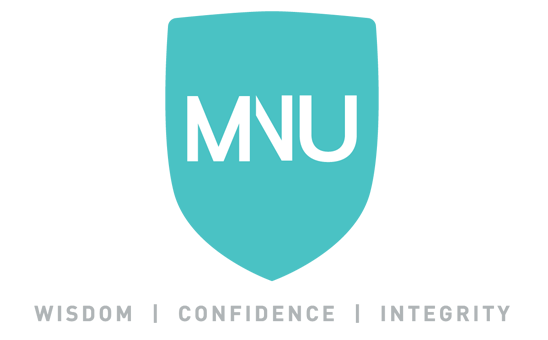In many countries, lack of regulation means anyone can practise freely as a nutritionist. This is where being part of MNU and using the title ‘MNU Certified Nutritionist’ will set you apart; as a collective trademark, only our graduates can use this title.
As part of the collective trademark, you must practice in line with our Code of Conduct and membership charter.
An MNU Certified Nutritionist will:
- Have completed the course content and passed the final exams of the MNU Certification (either the Full Online or Full with Honours course).
- Act in line with the expectations of MNU and the values of Wisdom, Confidence and Integrity.
- Not associate with a Multi-Level Marketing (MLM) company, (including but not limited to, HerbaLife, Isagenix, Nutrifil, Amway, Juice Plus+, Forever Living) or use non-evidence-based practices (including but not limited to prescriptive nutrition advice based on food intolerance and DNA testing).
- Uphold the MNU Code of Conduct, including but not limited to: Bullying, harassment, intimidation, threats to an individual or group, aggressive behaviour, unwelcome sexual behaviour, stealing, disrupting business activities, using, accessing or providing MNU services without authorisation, supplying false information, encouraging or conspiring for prohibited conduct and making false accusations or defamatory remarks against any MNU staff members or the business. In addition, members should not bring MNU or any of the MNU staff into disrepute; the aforementioned parties’ behaviour will result in memberships being revoked. To find out more about the Code of Conduct, see our answer to ”What is MNU’s Code of Conduct?’
- Abide by the principle of ‘First do no harm’ and refrain from working outside of their scope of practice. Referring out and refraining from undertaking work in areas they are not trained nor competent to conduct.
- Continuously act with the client’s best interest in mind, this includes their physical, mental and financial interests.
- Keep up to date with new developments in the field of nutrition. Through continuous professional development such as attending conferences, workshops & lectures, actively participating in professional mentoring and informal activities such as reading scientific papers, journals and attending webinars.
- Where appropriate, maintain accurate client records including evidence of having gained informed consent and maintain client confidentiality. If unsure, should seek advice from the Information Commissioners Office (ICO).
- Comply with any relevant legislation this includes but is not restricted to: Equality Act, Data Protection, Privacy and Electronic Communication Regulations, Free of Information Act, Human Right, Mental Capacity Act, Safeguarding Vulnerable Group Act.
- When appropriate, raise any genuine concern about other professionals, by contacting MNU so that appropriate action can be taken.
- Hold insurance appropriate to their business including Product Liability Insurance, Professional Indemnity Insurance cover, or similar cover.
Was this answer helpful?
YesNo
